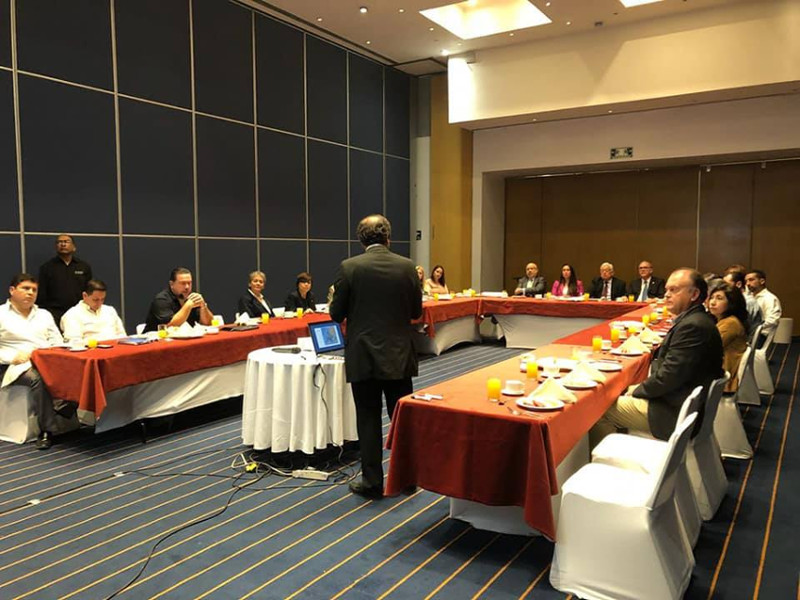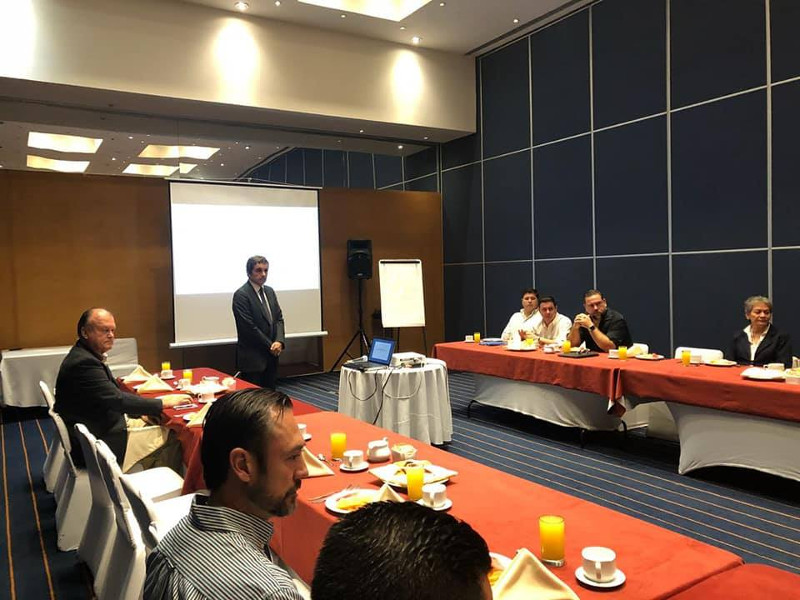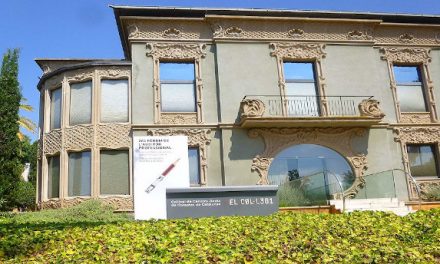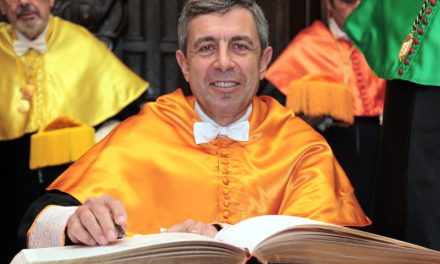Jordi Martí, academician of the RAED, guides Mexican entrepreneurs to seek opportunities in Europe
Jordi Martí, full academician and member of the Governing Board of the Royal European Academy of Doctors-Barcelona 1914 (RAED), gave last October 13 in Torreón (Mexico), a lecture entitled “La planificación de las inversiones mexicanas en Europa” (Planning of Mexican investments in Europe), in which numerous representatives of the business community of the region of La Laguna, distributed between the States of Cohauila and Durango, participated. The event took place at the Real Inn Hotel in Torreón and was part of the parallel events of the Research Conference of the Community of Higher Education Institutions of La Laguna (Cieslag).
The majority of those present expressed the desire to expand their commercial networks into new markets, since the productive capacities of the industries of Torreón are not at the limit and there is scope to supply foreign markets that would allow diversifying the concentration risks in domestic consumption.
The academician presented the challenges facing the European Union beyond Brexit, such as its relationship with Russia and the explosive evolution of Turkey. And after exposing the various treaties of cooperation and relations that coexist in the continent (such as NATO, EFTA, the Schengen area, the European Union, the euro zone…), he went into the study of the demographic structure of the countries of the euro zone and the non-euro zone, with a population that is aging, with an increasingly lasting life expectancy, and that forms a Europe of large metropolitan areas.
Using the competitiveness indicator, Martí highlighted how the most productive countries are no longer the most competitive, since the leading countries of productivity are also those with the most expensive workers. Competitiveness reduces the distances between the euro zone and the non-euro zone. All this raises discussions about the lack of fiscal convergence. With all this information, arguments are available to select the target countries. Once the most favourable environments were located, the analysis of the most suitable goods and services for Europe began.
In the colloquium the representatives of different chambers of commerce presented the benefits of the La Laguna region to attract investors. The entrepreneurs present raised questions about the impact of double taxation in Europe and the logistical possibilities that the different European countries offered. The representatives of university centres exposed their strengths and asked for solutions to solve their weaknesses. The RAED offered to translate the successful experience of Barcelona in the development of incubators, business centres and entrepreneur recruitment.






